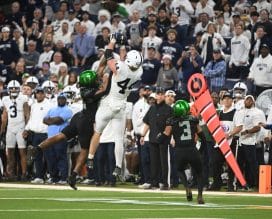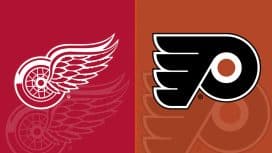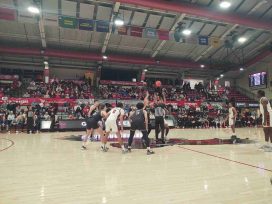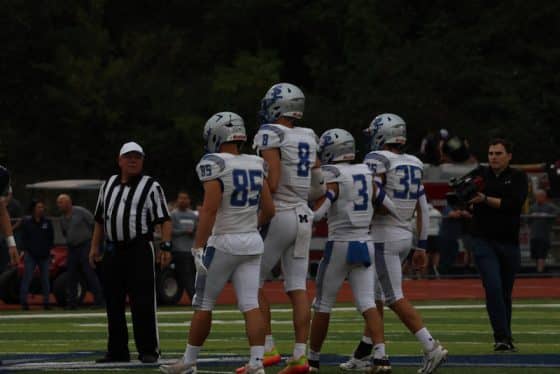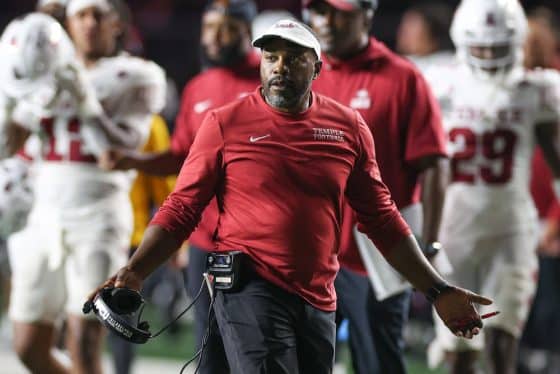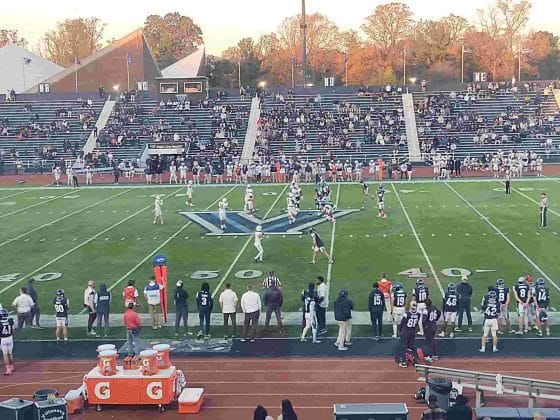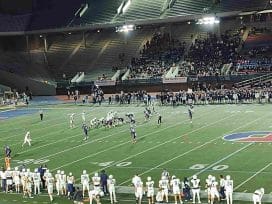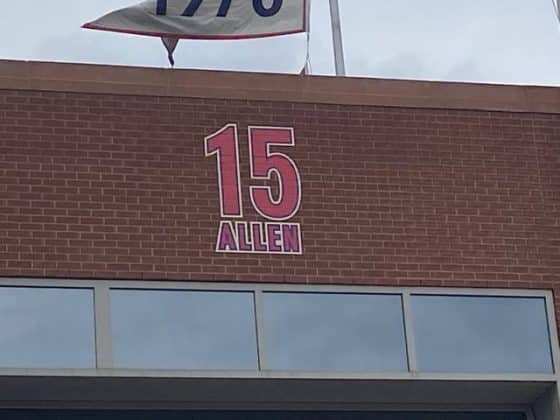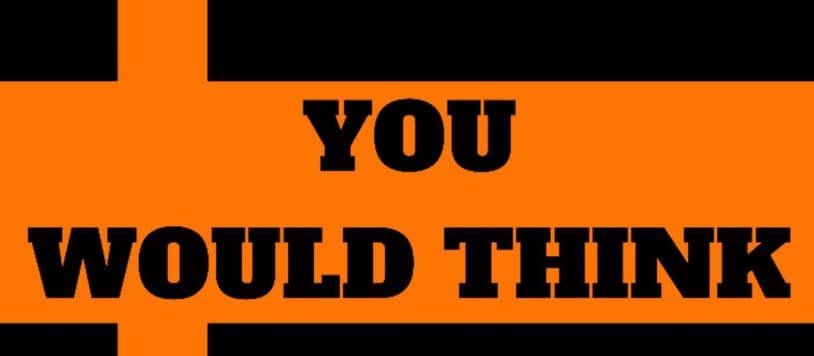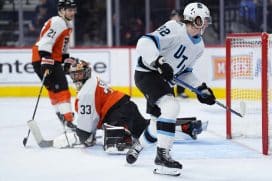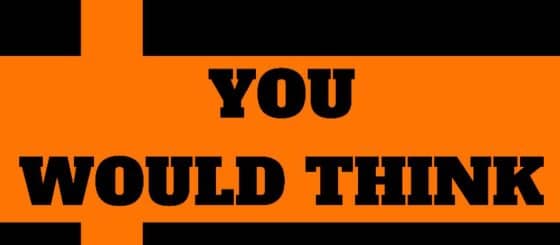Flyers
It’s Time to Stop Incentivizing Overtime
(Kate Frese/Sports Talk Philly)
By Dan Heaning, Sports Talk Philly staff writer
No rule in hockey — and some might say sports — is more asinine than that of the so-called "loser" point which awards the defeated club by simply making it to overtime with a point.
So with the league looking to improve upon the shootout by changing how many times a team’s star can shoot, it should also look to improve the overall game by ceasing to incentivize overtime.
When the NHL adopted the three-point system it did so with a reason. The league wanted teams to stop playing for ties and to start going for the win during the extra session. With this in mind, it was decided that both teams would earn the "tie" point by extending the contest into overtime. That way when the extra stanza began, coaches would let their players go for the win instead of peeling back for the safe single point.
However, in the attempt to destroy ties, the amount of games that were being decided in overtime skyrocketed. In 1998, the year before the three-point system was implemented, 112 games went into overtime resulting in either a win or the now defunct tie by Dec. 4. That number went up to 166 games the next year and would continue to climb until it reached 200 by Dec. 4, 2002.
After the 2005 lockout, the number of games decided in overtime dropped by over 100 using the same timeline. Yet, in 2009 and 2013 the total amount of OT-decided games jumped back into the triple digits.
Over the last three seasons, the NHL has seen more games go into the extra session on average over the first two months and change than any after the full season lockout.
What does this tell us? Teams have been playing for overtime for quite a while and the numbers are going up.
Yet, the "loser" point doesn’t serve any purpose under the current system. It only existed to create fewer ties. Now, it functions purely to inflate a team's season point total and keep nearly every club in the playoff race.
What the NHL needs to do now is incentivize winning in regulation and, to a lesser extent, overtime. Two points has always been the reward for victory in the NHL and so it should remain. Three points for winning in regulation would result in absurd point totals that would threaten and demolish great teams of the past’s records.
Removing the point for losing would take away every club’s motivation to play for overtime and force them to play harder at the end of the game instead of phoning it in.
How do you enforce that?
Well, since the shootout win was already devalued by the regulation/overtime win tiebreaker, the single point given to the losing club now should be awarded for winning in a shootout.
That would give every team a time limit to earn the full two points they would normally gain in the initial 60 minutes and overtime.
This rule would create a sense of urgency that would result in more of a push for teams to win the game in regulation and, if the need be, the three-on-three overtime. It eliminates the strategic value of playing for overtime and would make every three-on-three exciting as every team pushes to gain the full two points desperately.




